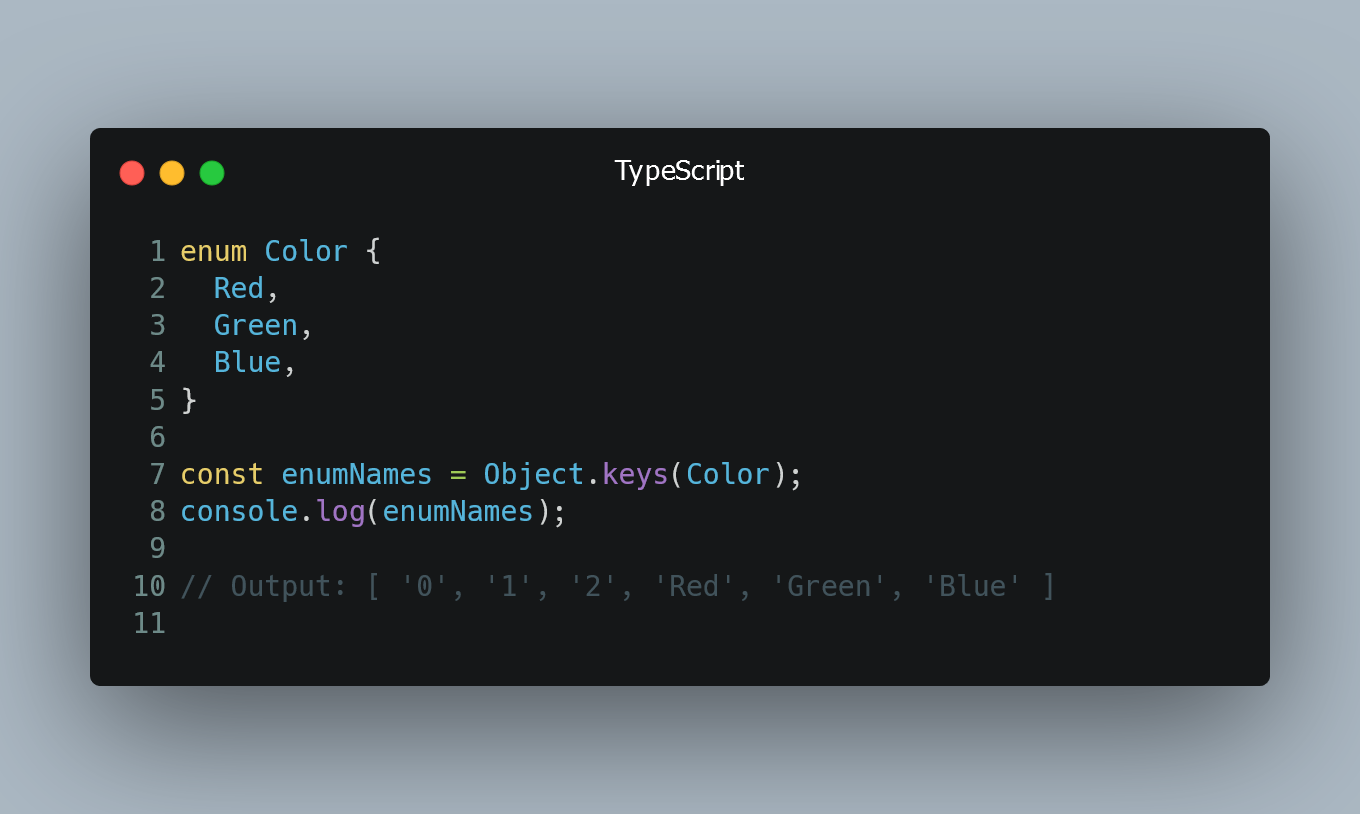#TypeScript
Explicitly Setting a New Property on `window`
In TypeScript, when you want to add a new property to the window object (the global object in the browser), you need to ensure that TypeScript recogni...
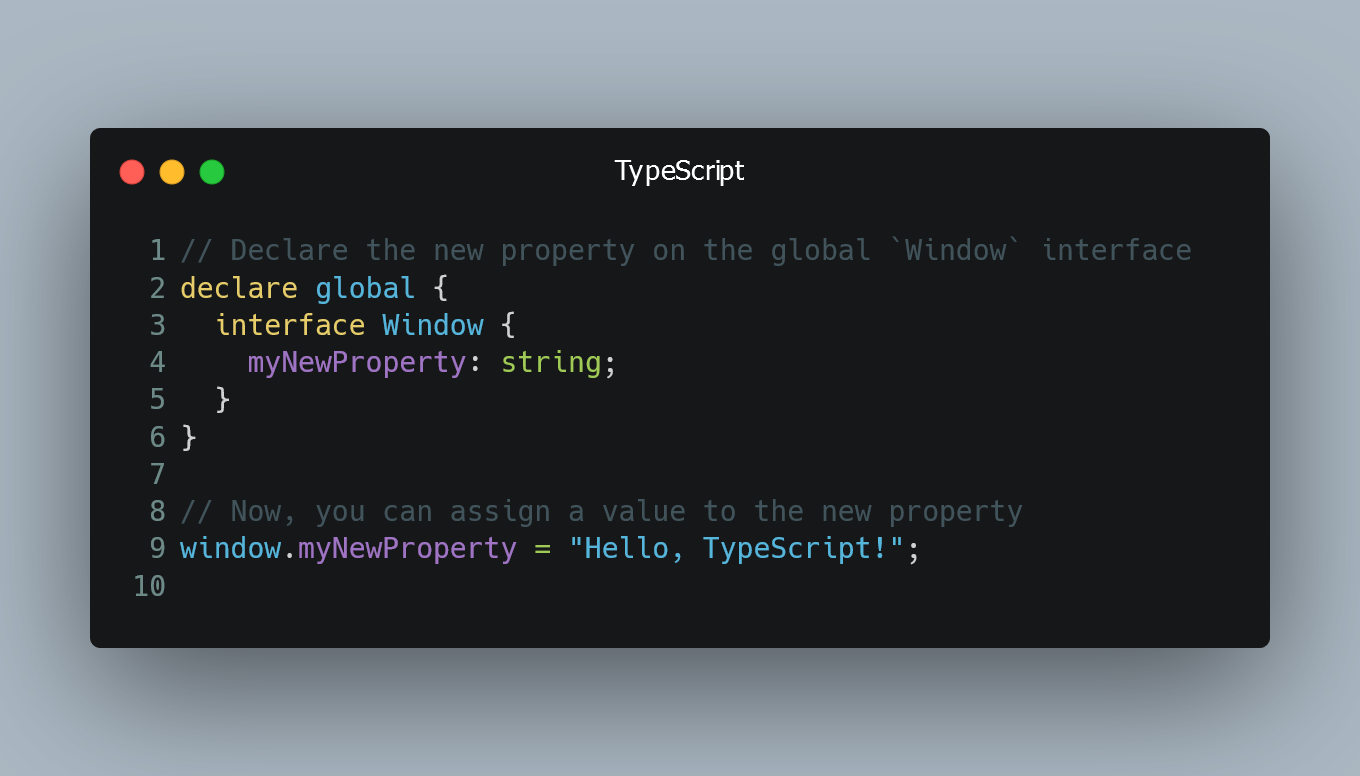
Converting a String to Enum
In TypeScript, you can convert a string to an enum value by using the enum and valueOf() method. Enumerations, or enums, provide a way to define a set...
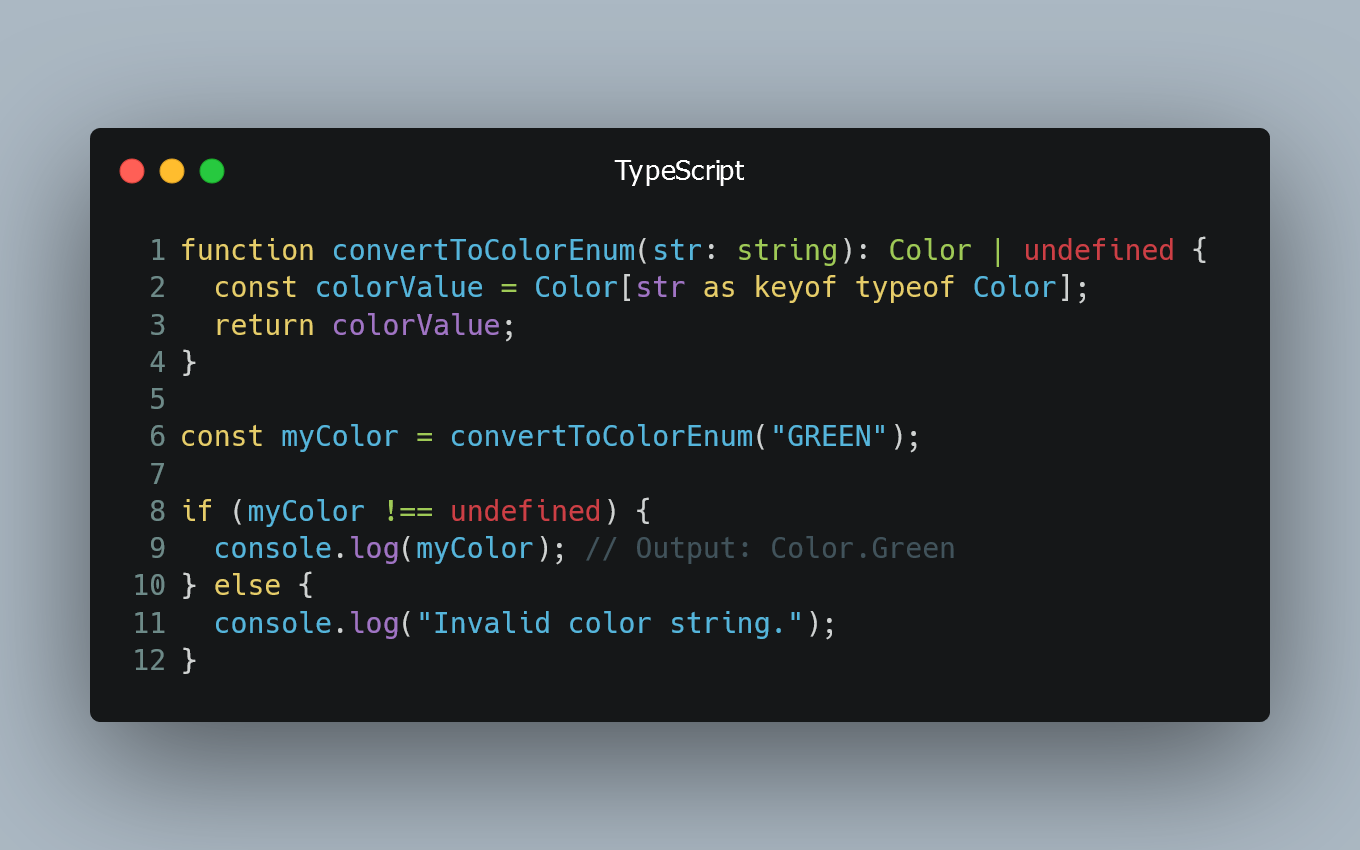
Interfaces vs Types
In TypeScript, both interfaces and types are used to define custom data structures and enforce type checking. They are often used interchangeably, but...
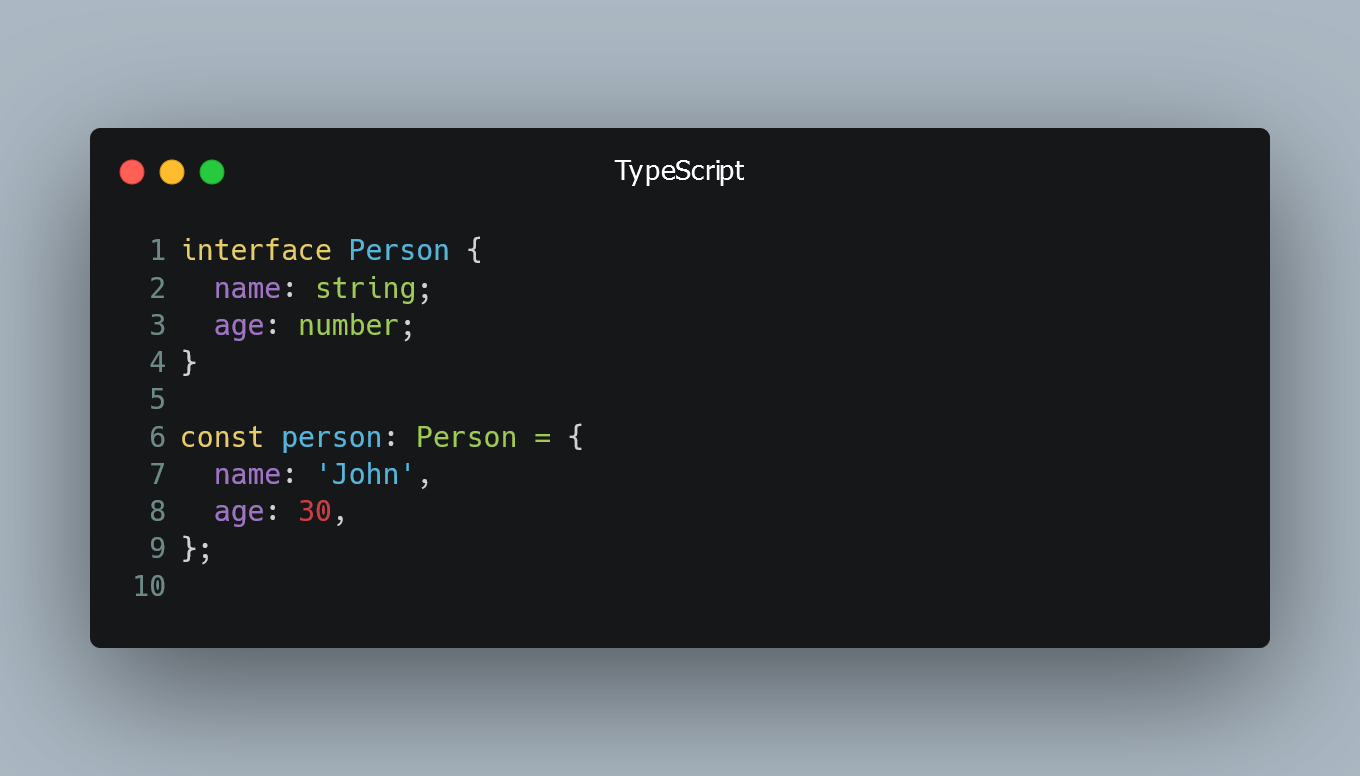
Running TypeScript Files from Command Line
To run TypeScript files (.ts) from the command line, you need to compile the TypeScript code into JavaScript (.js) first, and then execute the resulti...
Removing an Array Item
In TypeScript, you can remove an item from an array using different methods, depending on your specific requirements and the version of TypeScript you...
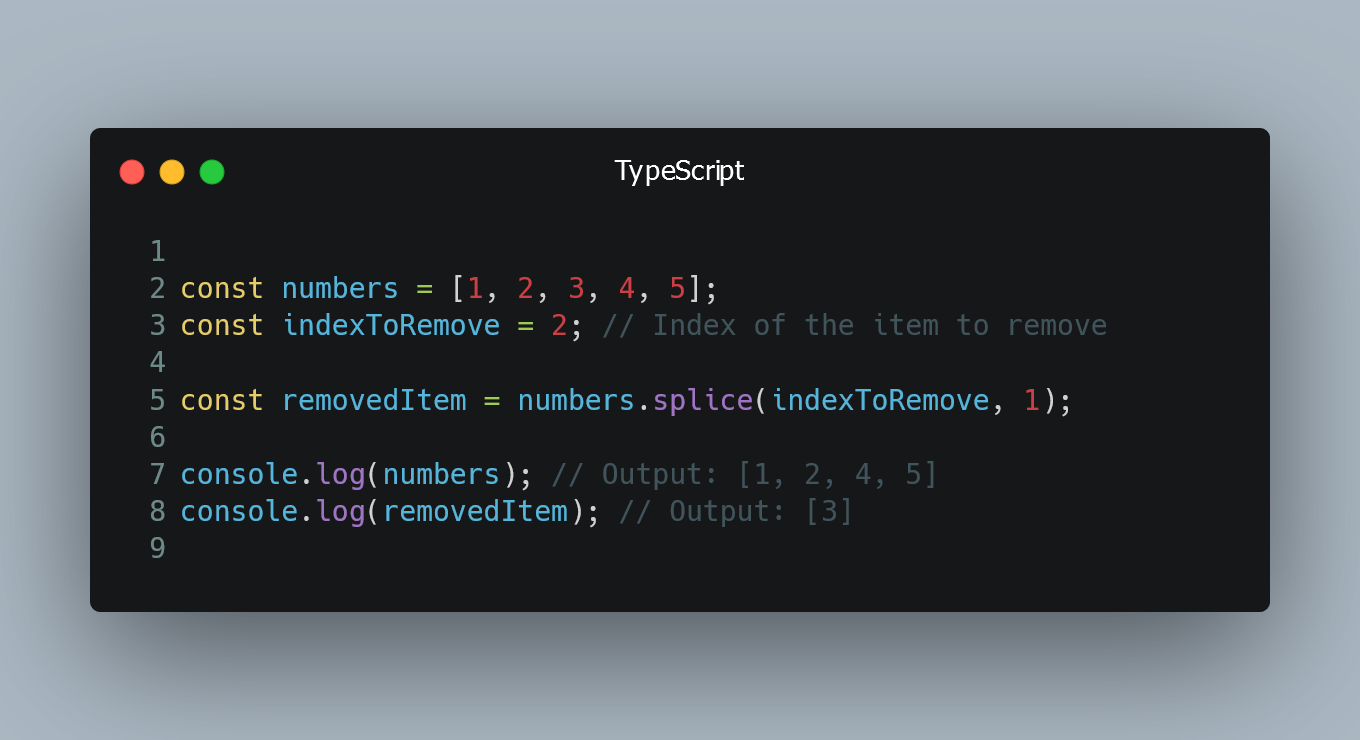
Dynamically Assigning Properties to an Object
In TypeScript, you can dynamically assign properties to an object using various approaches. Dynamically adding properties allows you to create flexibl...
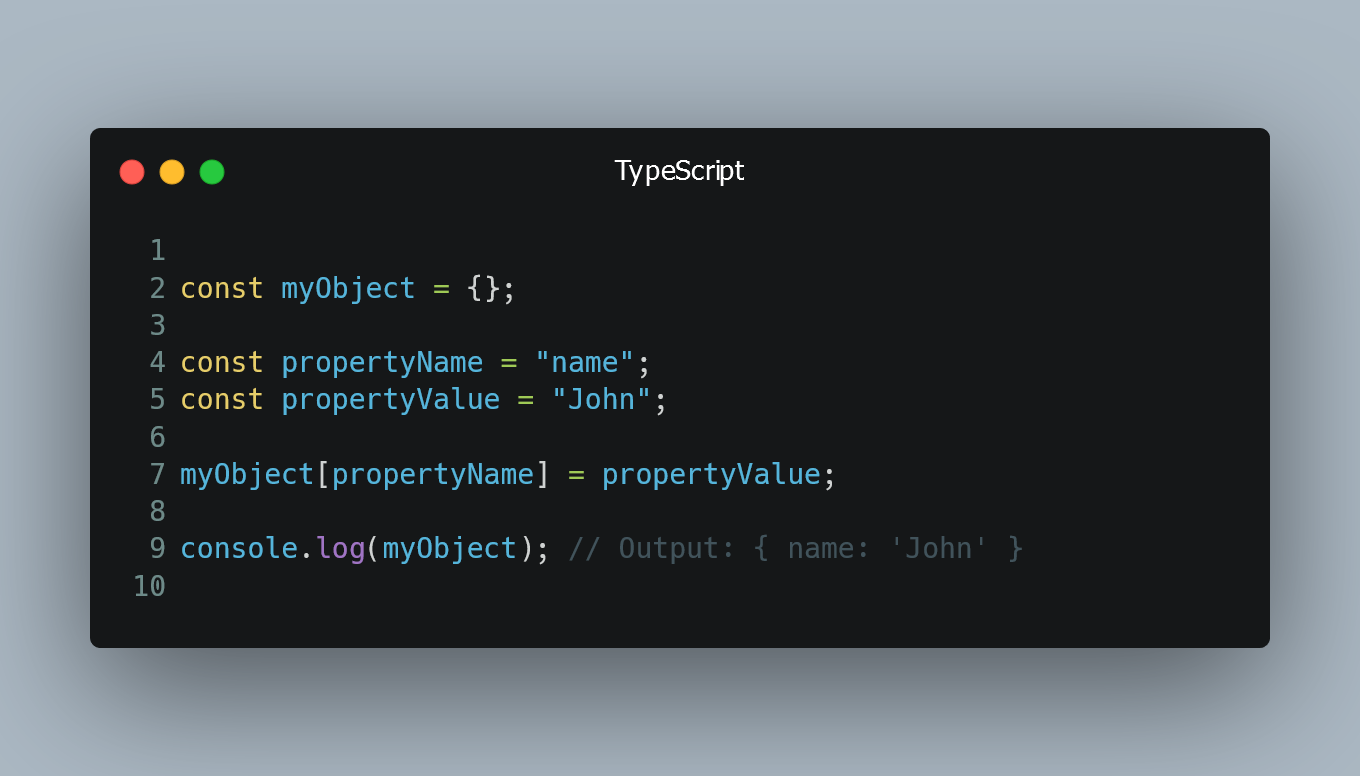
Converting a String to Number
In TypeScript, you may need to convert a string to a number for various reasons, such as performing mathematical operations or working with numeric da...
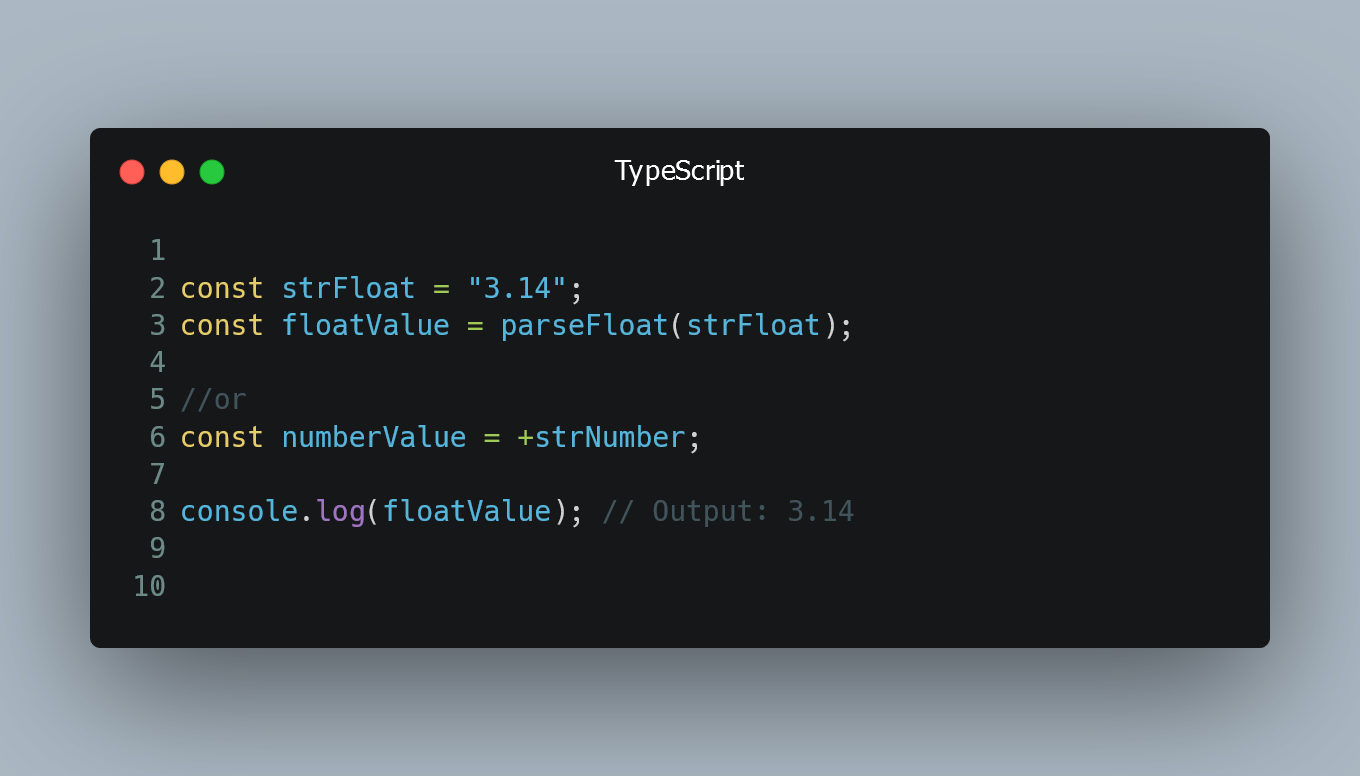
Get and Set
In TypeScript, you can define getter and setter methods for a class to access and modify its private properties. Getters and setters allow you to cont...
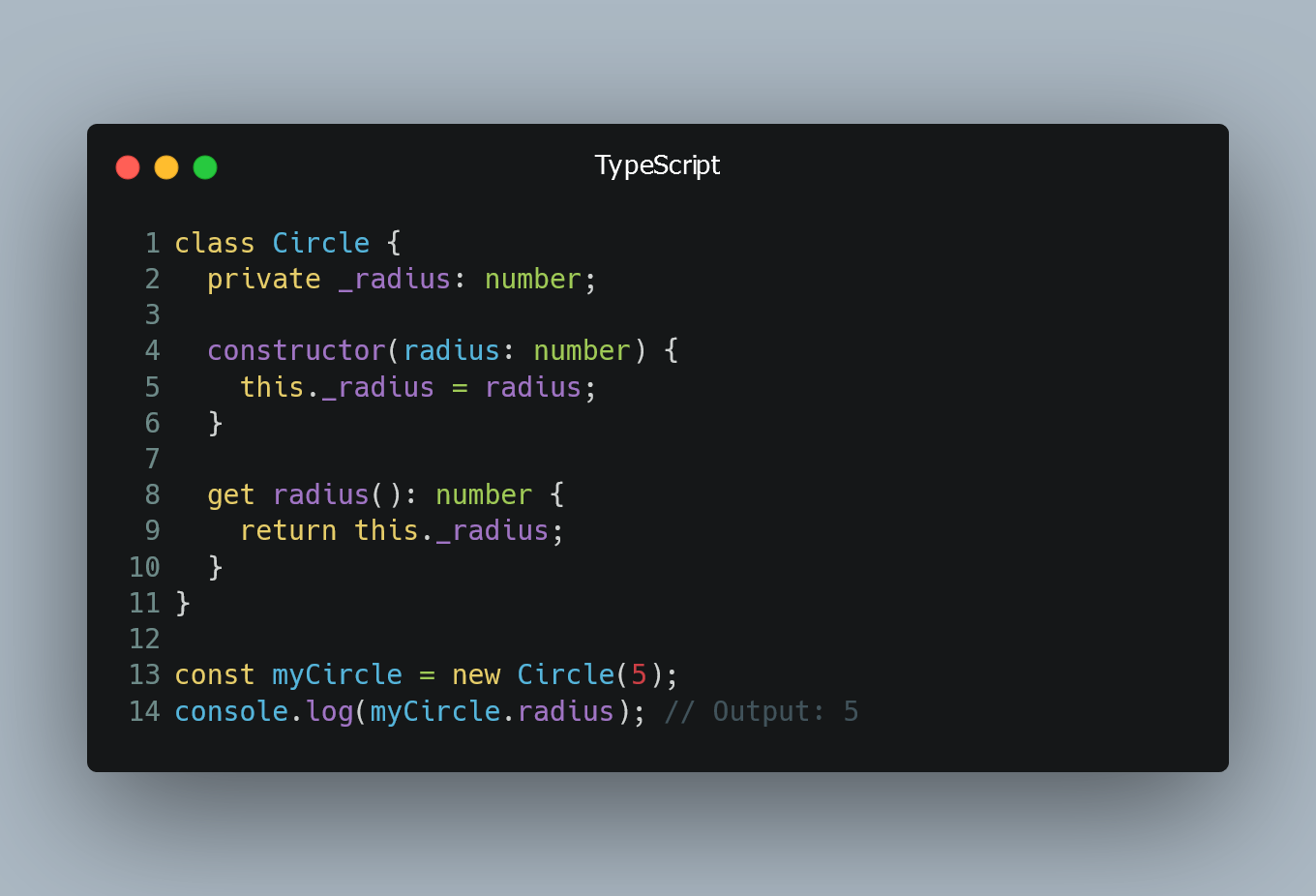
Getting Names of Enum Entries
In TypeScript, you can get the names of enum entries (also known as enum keys) programmatically. Enumerations, or enums, are a set of named constants...
